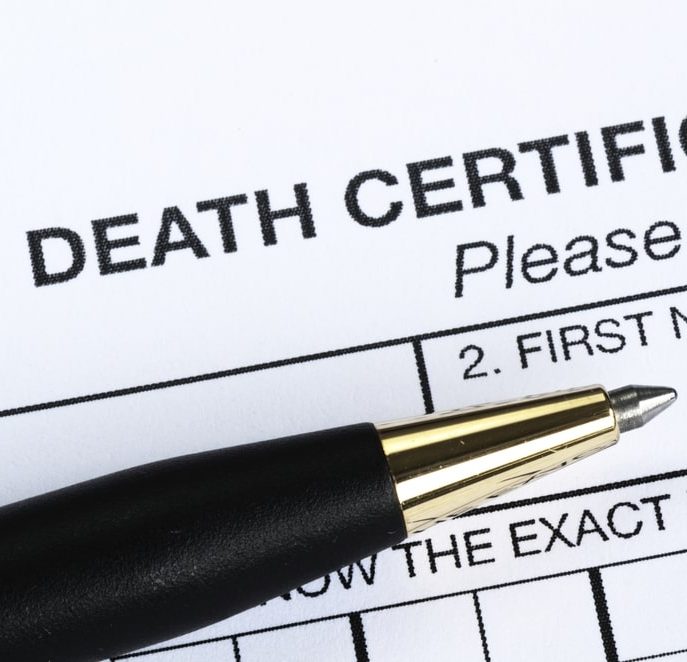
No matter what age you are, creating a will is a great way to prepare for the future. A legal will is a document that lays out your wishes for your estate. Without a will, your family may not know your wishes after your death, and your estate will be distributed according to your state’s probate laws, which may or may not fit with your wishes.
Depending on the size of your estate and your wishes, your will may be simple or very complex. But how do you know what you should and shouldn’t include in your will? Speaking with your attorney is a great way to learn about your state’s regulations, but here are 7 items you should avoid putting in your will.
Time-sensitive wishes
After someone dies, it can take weeks or even months before the will is read. Because it can take a while before the contents of your will are known, you shouldn’t include time-sensitive details in your will, especially about your end-of-life care. For example, medical decisions, like Do Not Resuscitate (DNR) orders or organ donations, should be on file with your physician or included in a healthcare power of attorney, not your will.
You should also avoid including your wishes for funeral arrangements in your will. Most funerals typically happen within a week of the death. By the time your will is read, your funeral will likely have already occurred. Instead of discussing your funeral wishes in your will, you can create an advance funeral plan with your local funeral service provider. Let your family know that you have a plan in place with that funeral home. Your funeral service provider will ensure that everything is taken care of just how you want.
Assets with named beneficiaries
When you set up life insurance, a retirement account, a living trust, and other accounts, you may name a beneficiary. The beneficiaries named on these accounts supersede your legal will. If you originally named your son as the beneficiary of your life insurance, you won’t be able to give it to your daughter through your will. If your wishes about who should receive the proceeds from a specific account have changed, you should update your beneficiaries directly in the account, not in your will.
Joint property and accounts
Jointly-owned bank accounts and properties have specific laws and regulations about what happens when one of the owners dies. Some joint accounts or jointly-owned properties allow you to pass the property to the heir of your choice in your will. But if your joint account or property is labeled “with rights of survivorship,” your share in the property will go to the other owner or owners at your death. Property or accounts with rights of survivorship should not be included in your will. If you’re unsure what type your jointly-owned account or property is, please check with your attorney or bank.
Specific accounts
When writing your will, it’s best to avoid naming wishes for specific accounts, like your checking or savings account. This is because your situation may change over time. You may close out accounts or open new ones, or the amount in your accounts may change drastically. If you name a specific account in your will, you’ll need to update your will every time your account changes. Instead, you can bestow a specific amount of money or a percentage of your estate on your chosen beneficiary.
Illegal or unethical conditions
In most cases, you can provide specific conditions that must be fulfilled before your beneficiaries receive their inheritance. For example, you can provide a specific inheritance to your granddaughter for when she graduates college. However, there are limits to what you can ask of your beneficiaries. For example, you can’t include instructions requiring someone to marry a specific person, get divorced, or change their religion. You also can’t make someone do something illegal to receive their inheritance, like using property to grow illegal substances or committing a crime.
Reasons for bequest
While it’s not illegal to include the reasons for bequests in your will, providing reasons for each gift can add unnecessary length to your will. If you want your beneficiaries to know why you’re giving them a specific piece of property, that’s great! Instead of adding that to your will, you can include separate letters with details. A separate letter can also give you the space to share the history behind a specific item, like a quilt your great-grandmother made or your great-uncle’s pocket watch.
Before creating your will, please consult a licensed attorney to ensure you follow your state’s regulations. As you document your wishes in your will, try to keep it as clear and concise as possible. If your wishes are clear and uncluttered, it will be easier for your executor to carry them out. And as life changes, don’t forget to regularly update your will.
DISCLAIMER: Individual circumstances and state laws vary. Only undertake estate planning with the help and assistance of an attorney licensed in your state.
























































